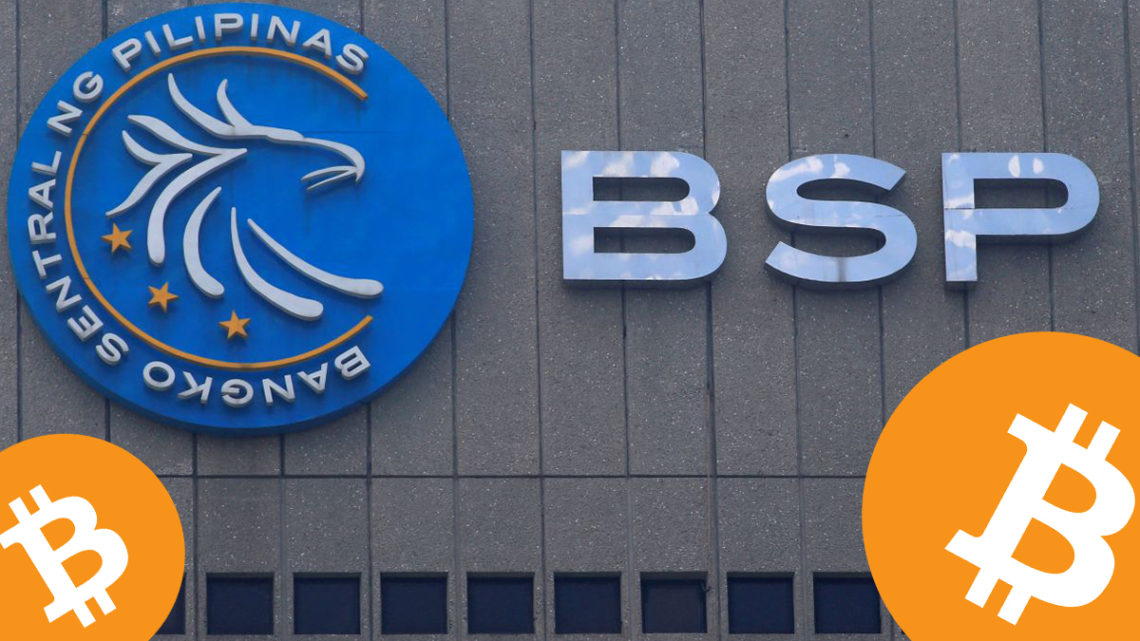- Central Bank of Philippines gives cryptocurrency guidelines to prevent money laundering
- The regulation applies to digital asset service providers and exchange platforms
- virtual asset service providers need to register for a license to facilitate crypto and related transactions
Bangko Sentral ng Pilipinas (BSP), the Philippines’ central bank, issues novel measures and guidelines for cryptocurrency service providers as a preventive course of action against money laundering.
Crypto Guidelines – Strong Measure Against Money Laundering
Bangko Sentral ng Pilipinas (BSP), Philippines central bank, issued new Anti-Money Laundering (AML) guidelines for digital assets as a preventive measure against money laundering. These regulations apply to virtual asset service providers (VASP). Now they need to apply for a license that will legitimize their services related to cryptocurrency. This will also forestall illegal tax avoidance.
A week ago, the Philippines council’s two legislative bodies endorsed a reconsidered form of the country’s Anti-Money Laundering Act (AMLA). The team includes Philippine Offshore Gaming Operators (POGOs) and their specialist co-ops under the AMLA’sAMLA’s description of individuals who are covered under these guidelines.
Crypto AMA To Prevent Illicit Black Money Circulation
BSP’s lead representatives’ ‘ mentioned that it underpins a climate that supports financial development. The aim is to improve the trustworthiness and strength of the monetary framework. While virtual resources can come in handy, any advantages should be considered, along with the dangers of digital asset utilization in illegal tax avoidance.
VASPs will likewise be answerable for looking into the background of their clients. This due diligence will help provide insight into the customer’s prior holdings and financial history. The service providers should also regard cryptographic money exchanges as cross-border wire exchanges. Information for those participants holding more than 50,000 pesos ($1,000) worth of assets must be recorded.
As per the guideline, dubious action or single exchanges of 50,000 pesos (the U.S. $10,000) will require careful examination and payout limitations. The rules depend on global norms for controllers provided by the Financial Action Task Force, as outlined in the BSP document.
However, the amended guideline does not include POGO service providers and organizations. The Anti-Money Laundering Council (AMLC) hails this as a region of worry. The AMLC likewise communicated concern over the absence of obligation by numerous POGOs regarding their Know-Your-Customer (KYC) prerequisites.
Steve Anderson is an Australian crypto enthusiast. He is a specialist in management and trading for over 5 years. Steve has worked as a crypto trader, he loves learning about decentralisation, understanding the true potential of the blockchain.


 Home
Home News
News










